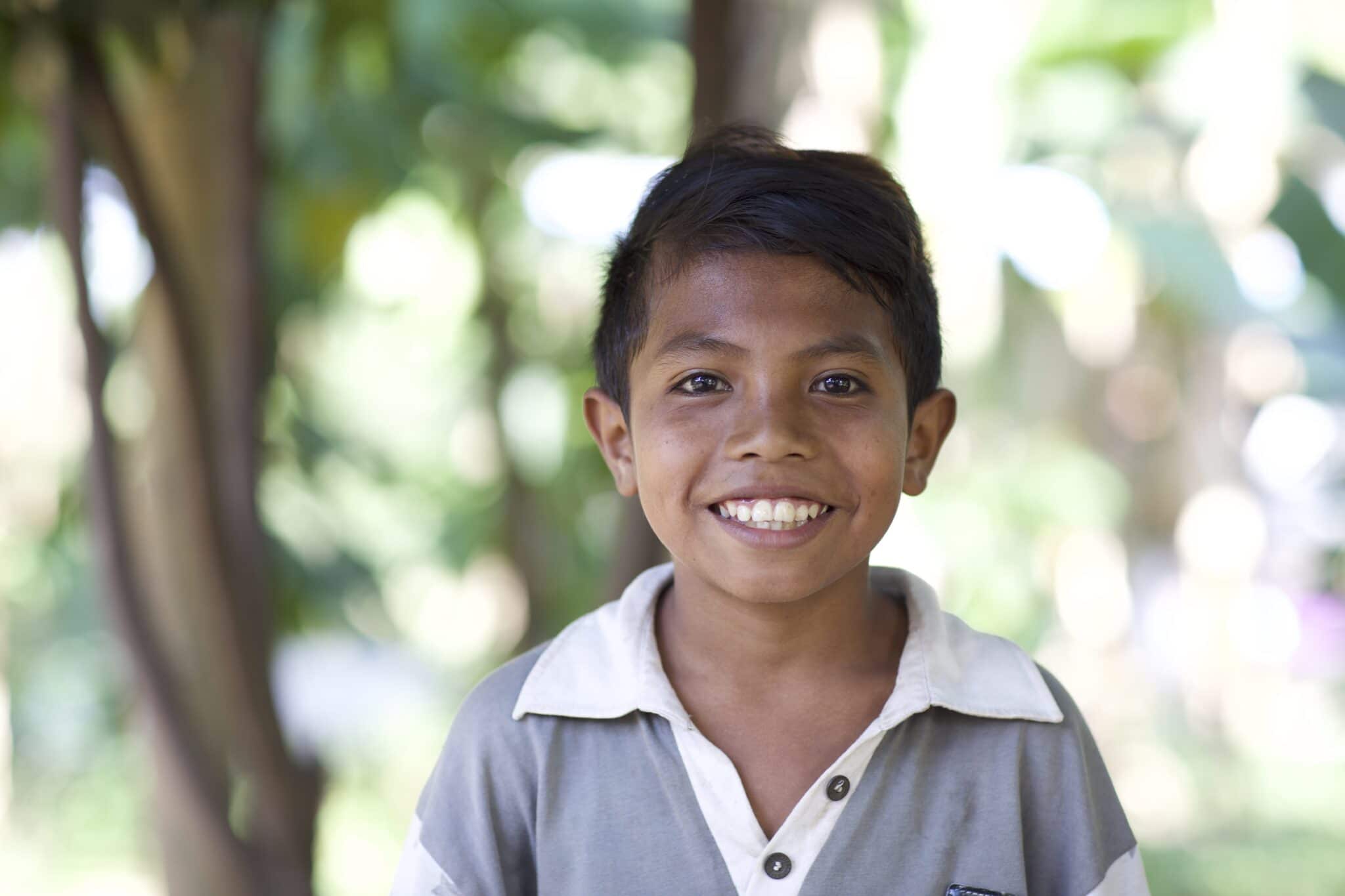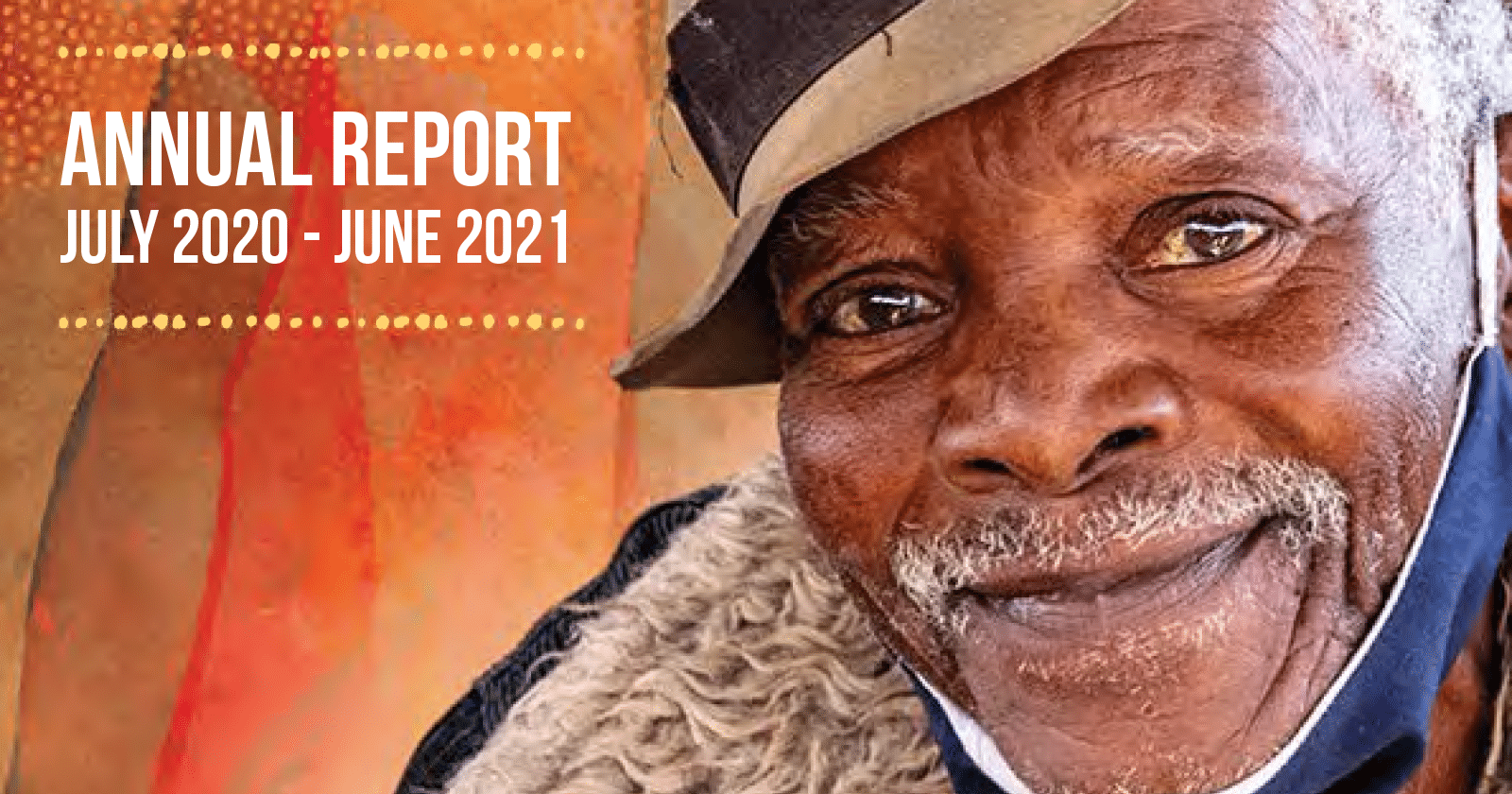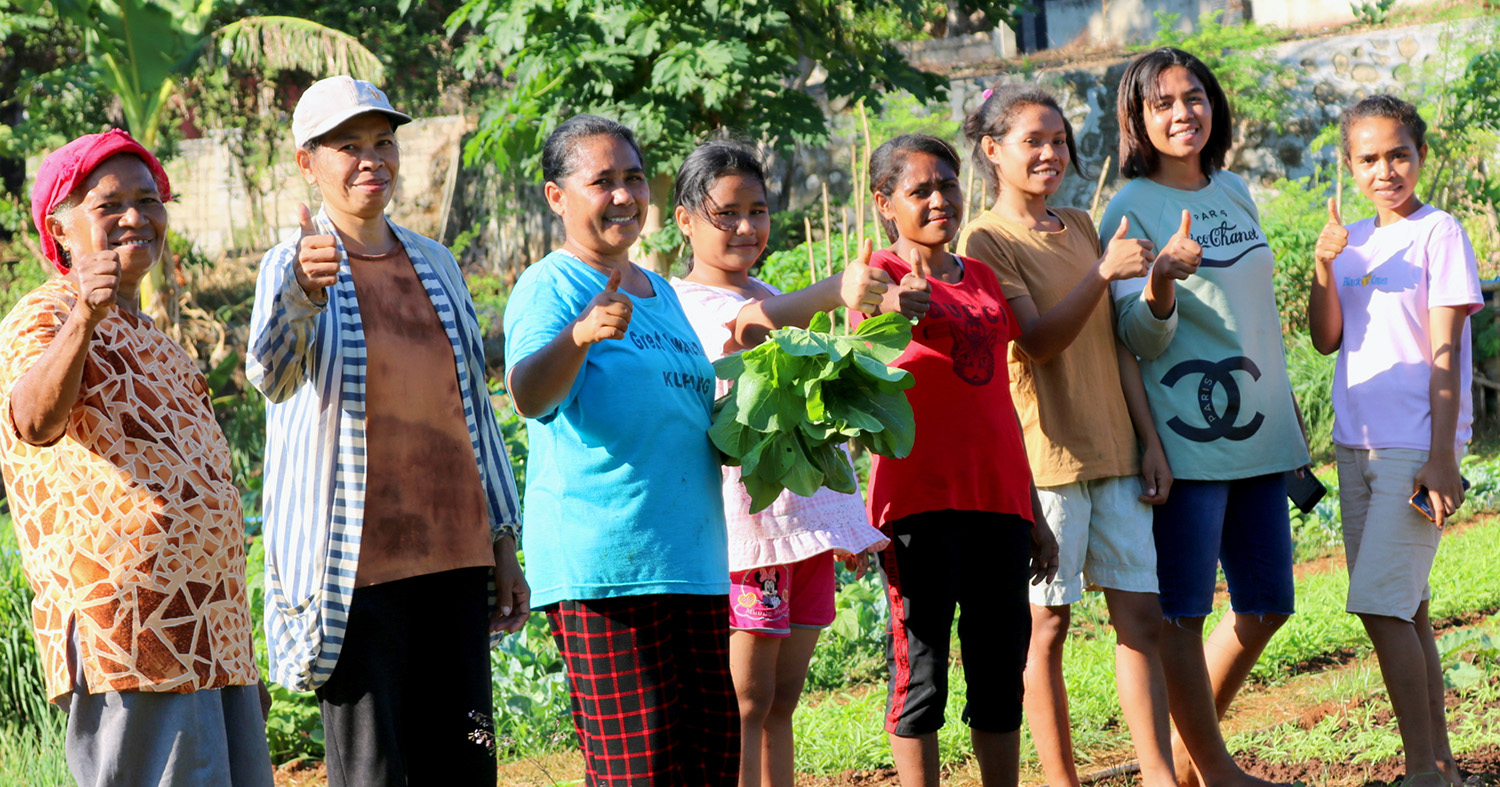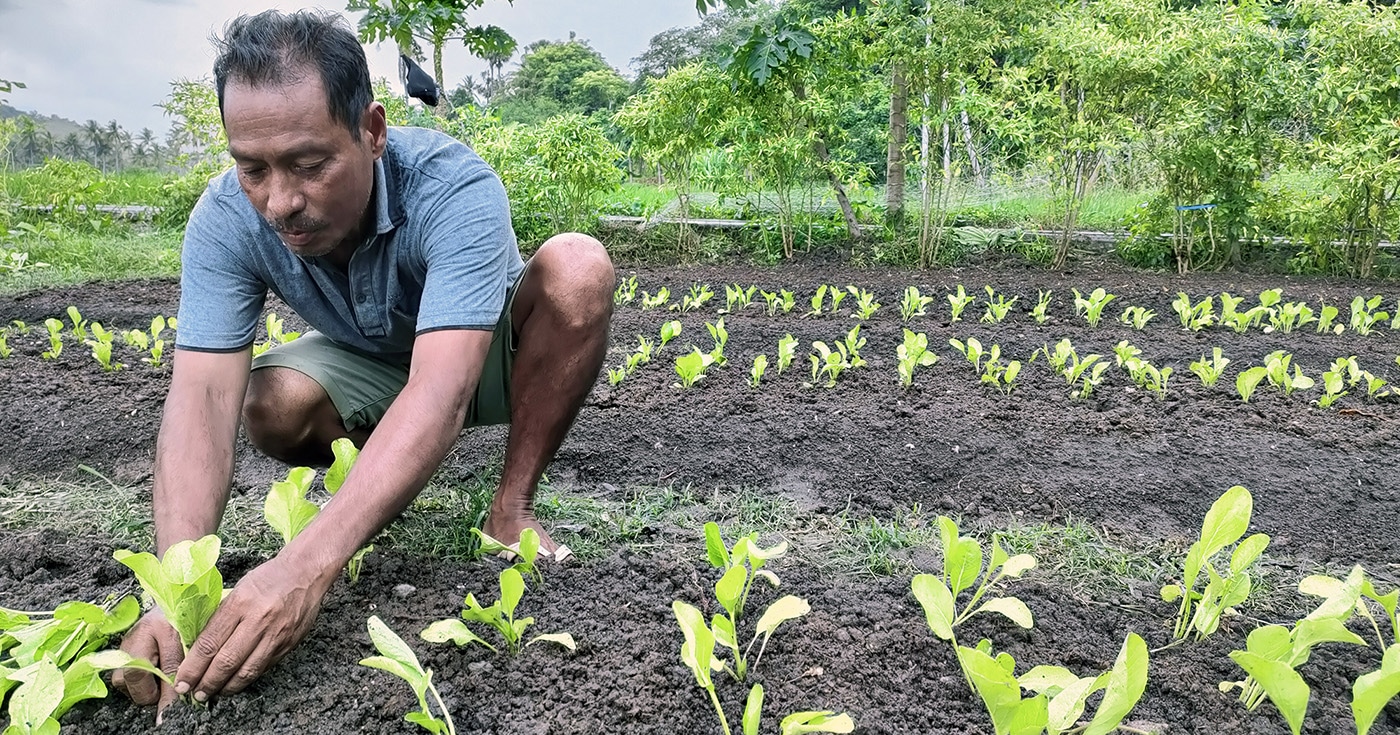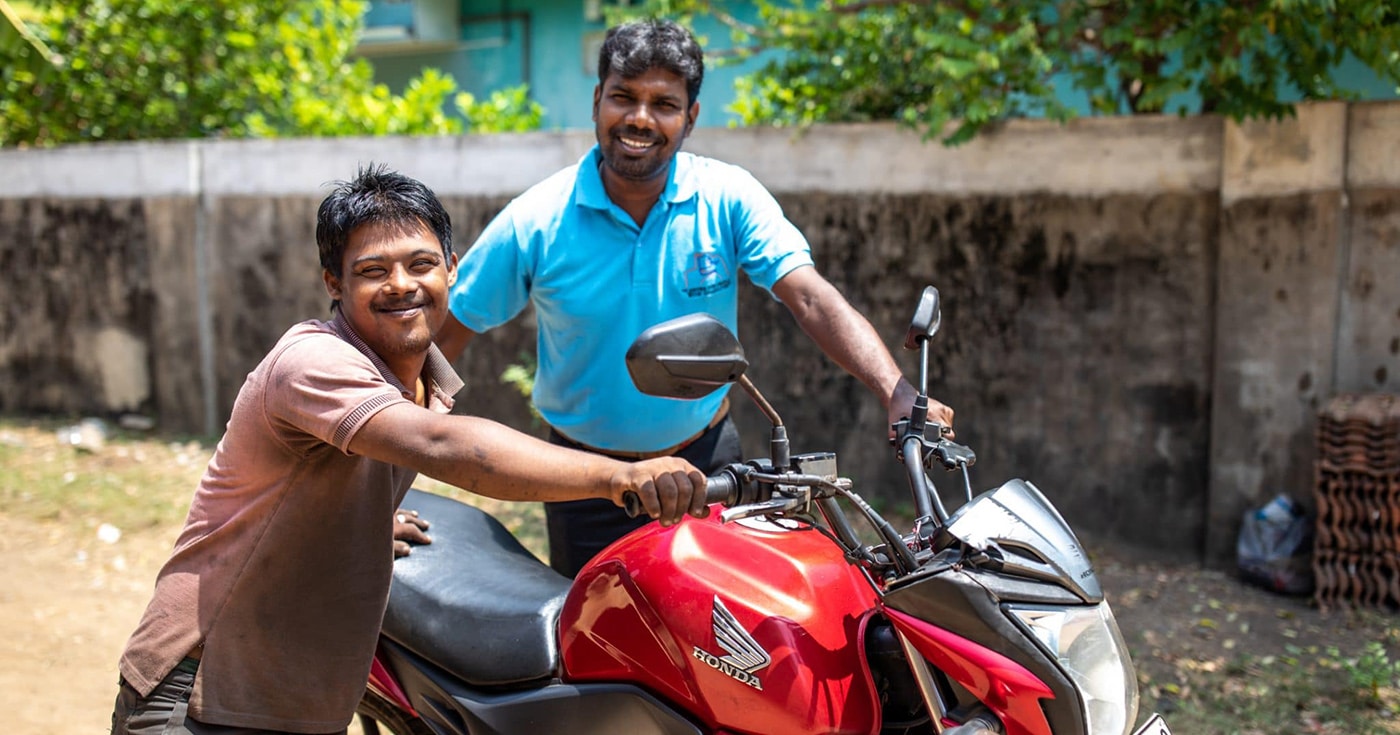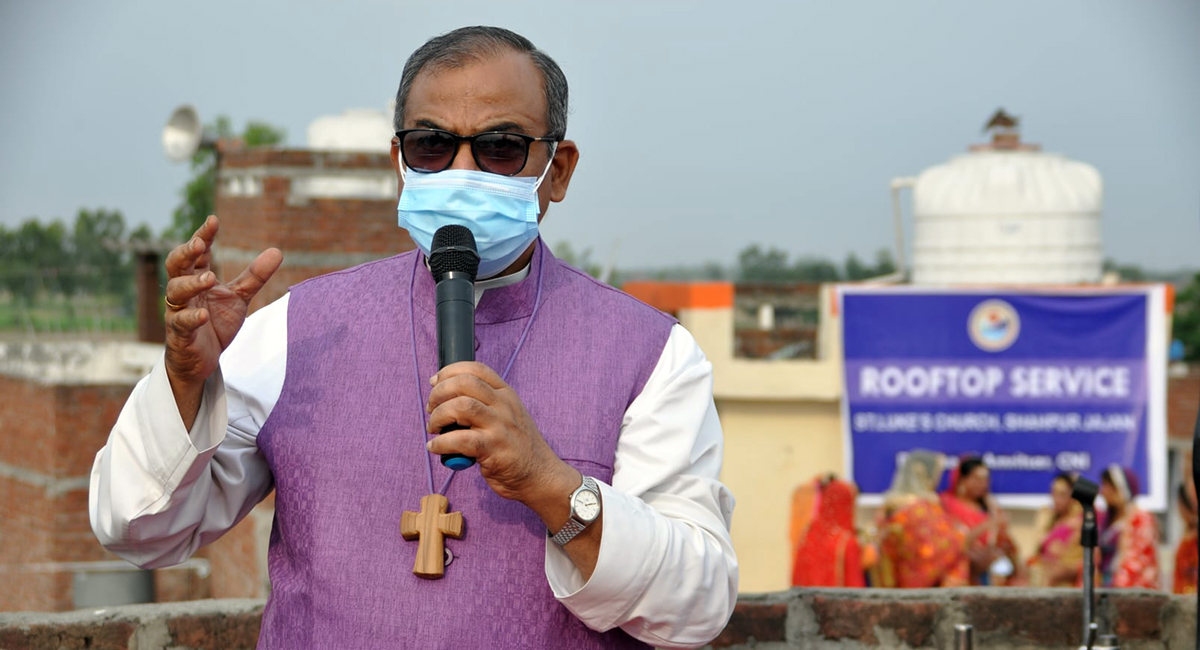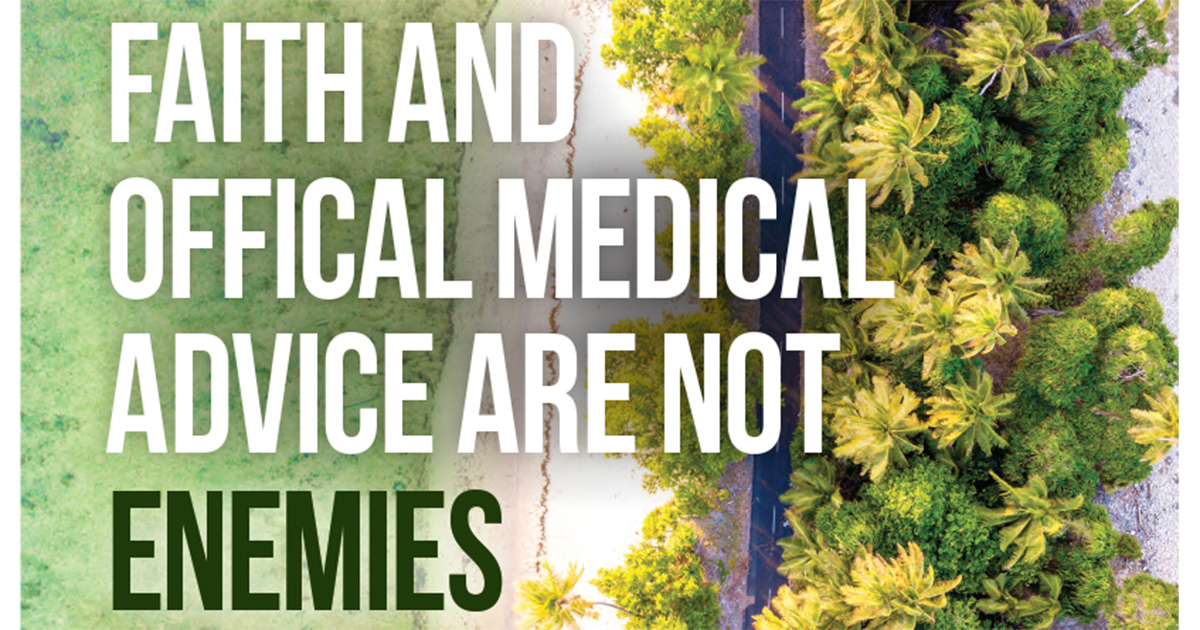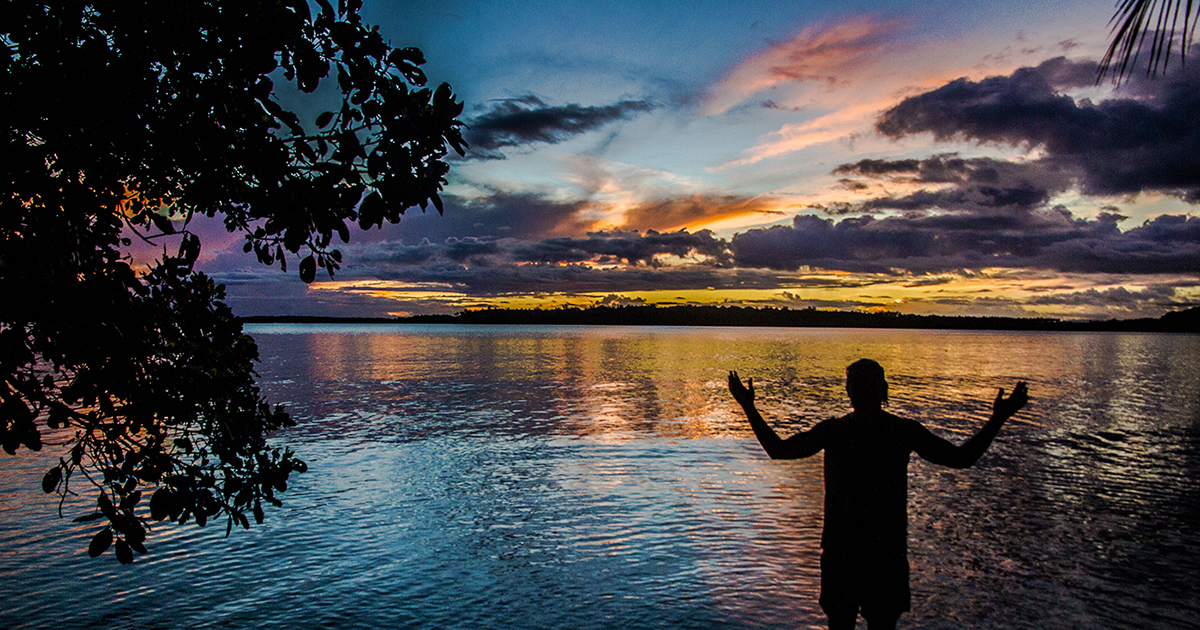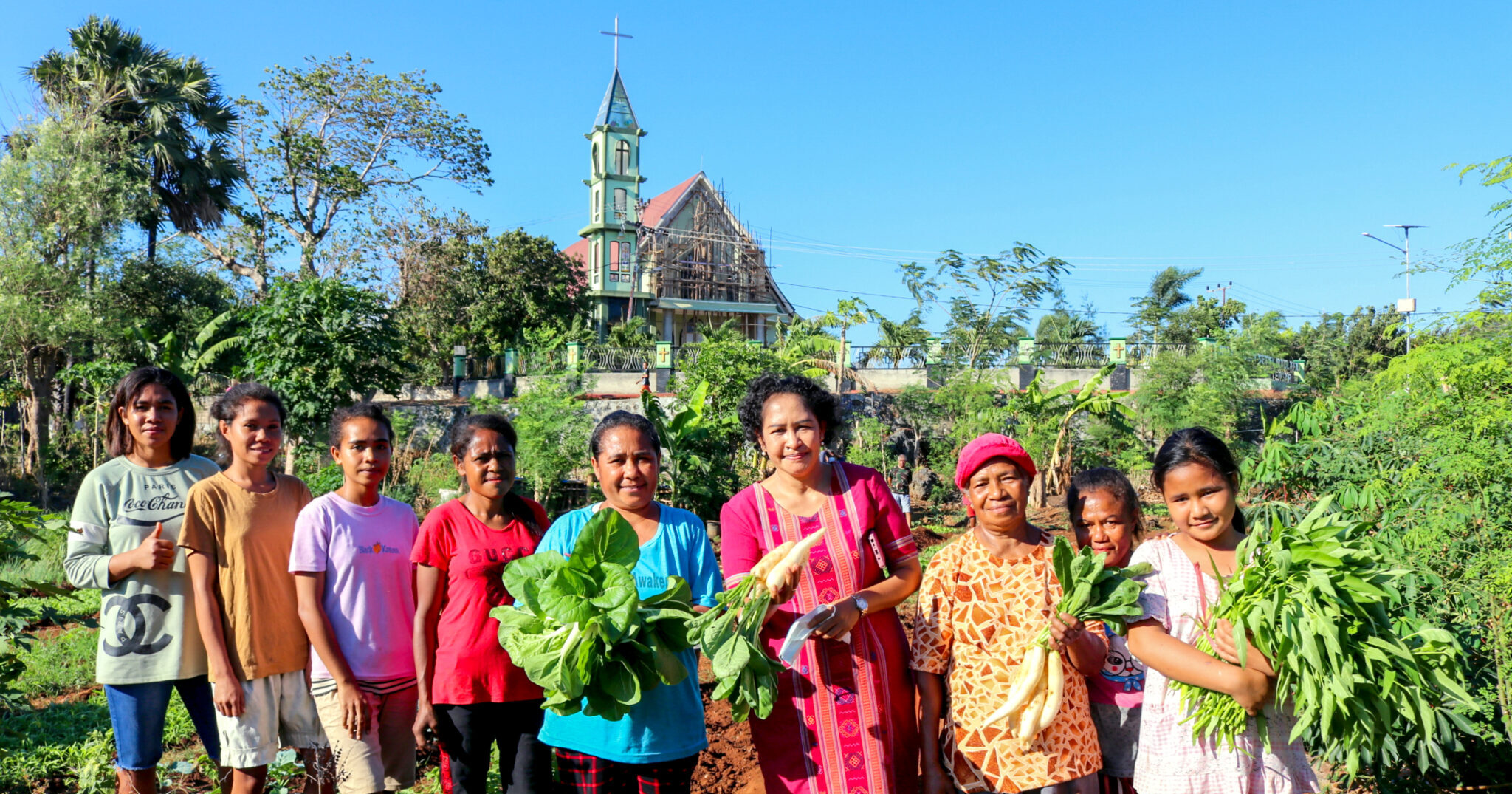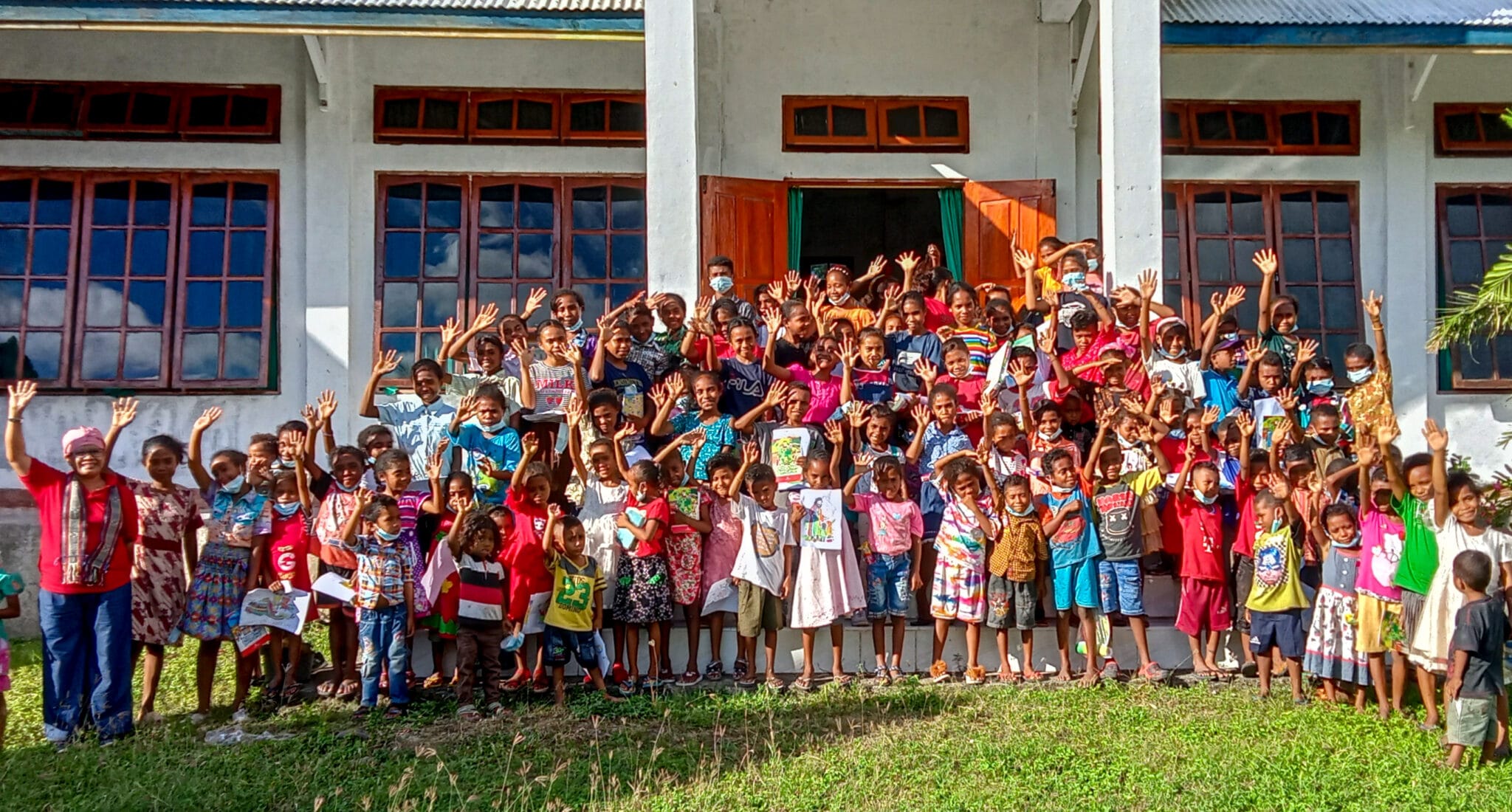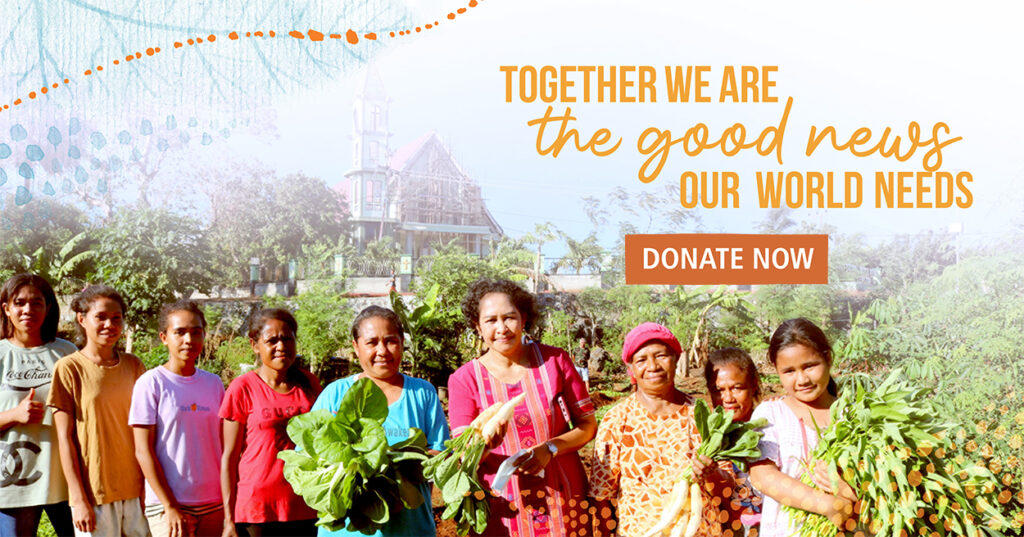Update on the COVID-19 outreach activities of the Diocese of Amritsar
Last week we received some encouraging news from our partners in the Diocese of Amritsar, Church of North India, who’ve been at the forefront of community outreach and support during the COVID-19 outbreaks. The second wave has been particularly devastating, pushing the number of deaths over 400,000 in July this year.
Thankfully, our partners report that the situation is improving, but have stressed the need to address the long-term impacts:
“India has seen an improvement in the COVID-19 situation in recent months after going through a crippling second wave. The number of daily new COVID-19 cases has gone down from 400,000 in May 2021 to less than 40,000 in September. However, this pandemic made a crushing impact on the socio cultural and economic fabric of the country. It has highlighted how the absence of physical expression of love and solidarity can be even more devastating than the Coronavirus.”
In a letter to partners, the Diocese of Amritsar sent the below information on the many ways they are addressing the ongoing challenges of COVID-19.
As a UnitingWorld supporter, you’re a partner in this work and we can’t thank you enough for helping make it happen. Please continue to pray for India and the work of our partners there.
Caring for COVID-19 patients
At the beginning of this year, all of the Diocesan hospitals were opened to care for COVID-19 patients. Lady Willingdon Hospital in Manali continues to treat COVID patients on a regular basis. The Oxygen generators provided to the hospitals have been helpful in treating non-COVID patients too. This has significantly reduced the burden on hospital staff during the present challenges posed by the pandemic.
Vaccination drive
The Diocesan workers and clergy have been encouraging people to get vaccinated. Since there is a general shortage of vaccines in the public health centres, the Socio-Economic Development Programme of the Diocese is teaming up with like-minded organisations and organising vaccination drives in the villages.
Microcredit activities
The Dalit communities in Punjab have suffered great economic setbacks during the COVID-19 pandemic. The Diocese is empowering rural women to strengthen their livelihood by encouraging women’s Self-Help Group members to produce saleable items such as face masks, cloth bags, woollens, and pickles.
“Love in Action” Helpline:
The Diocese of Amritsar has been able to help numerous individuals and families in this time of crisis through the “Love in Action” Helpline. Grocery kits are also being distributed locally to persons in need. The diocesan workers continue to monitor the health of those who had suffered from the Coronavirus infection previously.
Restrictions on mobility and scarcity of resources has pushed many families to the brink of starvation and death. Among them is Meena*, a young mother from Bangalore. One of her two children suffers from multiple disabilities. Meena lives with her parents who are also dependent on her for their daily needs. When she called on the helpline number, she shared about her difficulty in procuring food for the family, in addition to paying for her son’s medical needs. The financial support provided to Meena from the Diocesan COVID-19 Outreach Programme has helped in ensuring her family’s wellbeing and also contributed towards her son’s ongoing treatment.
Awareness building on health, hygiene and nutrition
As the country is now gearing up for a possible third wave, there is a renewed emphasis on building awareness among the people regarding health, hygiene and proper nutrition. In Anantnag (Jammu and Kashmir), hospitals visitors are made aware of COVID-19 preventive practices through demonstrations by hospital staff. The Socio-Economic Development Project of the Diocese has been giving trainings on health and nutrition to pregnant and lactating women in rural Punjab. Rural households are also being encouraged to start “kitchen gardens” and grow vegetables and herbs for consumption and increase the overall health of family members. Children studying in the Diocesan Education Project enjoy brushing their teeth and washing their hands during their weekly lessons on oral and hand hygiene.
Protection of women and vulnerable groups
Women in disadvantaged positions have been made more vulnerable in the COVID-19 pandemic. The staff of the Jagriti Bhalai Kendra, the Diocesan Community Health Project, have been in regular contact with women who are facing harassment or abuse in the community. They are addressing issues of government pension schemes, domestic abuse, and violence, and are provided with trainings and legal counsel as required. The Diocese of Amritsar has also initiated a series of trainings for all the clergy and Diocesan workers on “Safeguarding”. The trainings focus on protection of women, children and persons with disabilities from abuse and sexual exploitation.
Peace-building and leadership programmes
Churches have now opened for physical worship services though various online programmes are also being organised to strengthen the bonds of community. A Harvest Festival was held in Kotgarh, Himachal Pradesh to celebrate the start of the apple harvest season. A youth leadership camp with 19 Diocesan youth was organised in Dalhousie, Himachal Pradesh. The Diocese of Amritsar in partnership with the Sadhu Sundar Singh Global Forum organised an online celebration of the 132nd birth anniversary of the great Indian missionary, Sadhu Sundar Singh. These programmes have boosted the morale of the people during this challenging period and strengthened the sense of unity and fellowship.
Challenges:
The major challenge faced by the people at this time is the loss of livelihood and employment opportunities. This has been further impacted by the continued farmers’ agitation. The future of the farming community is uncertain. The whole labour force is anxious as the harvest season begins at the end of this month. The Church expresses solidarity with the farming community for their demand for just wages so that they can support their families for the next few months.
The Diocese of Amritsar is grateful for your continued prayers and support. May God bless you and keep you safe.
With prayerful wishes,
The Most Rev. P. K. Samantaroy,
Bishop, Diocese of Amritsar, CNI
(Download original letter as a PDF)
UnitingWorld is the international aid and partnerships agency of the Uniting Church in Australia (UCA). The Diocese of Amritsar, Church of North India is a UCA partner. Click here to support our work in partnership with the global church.

